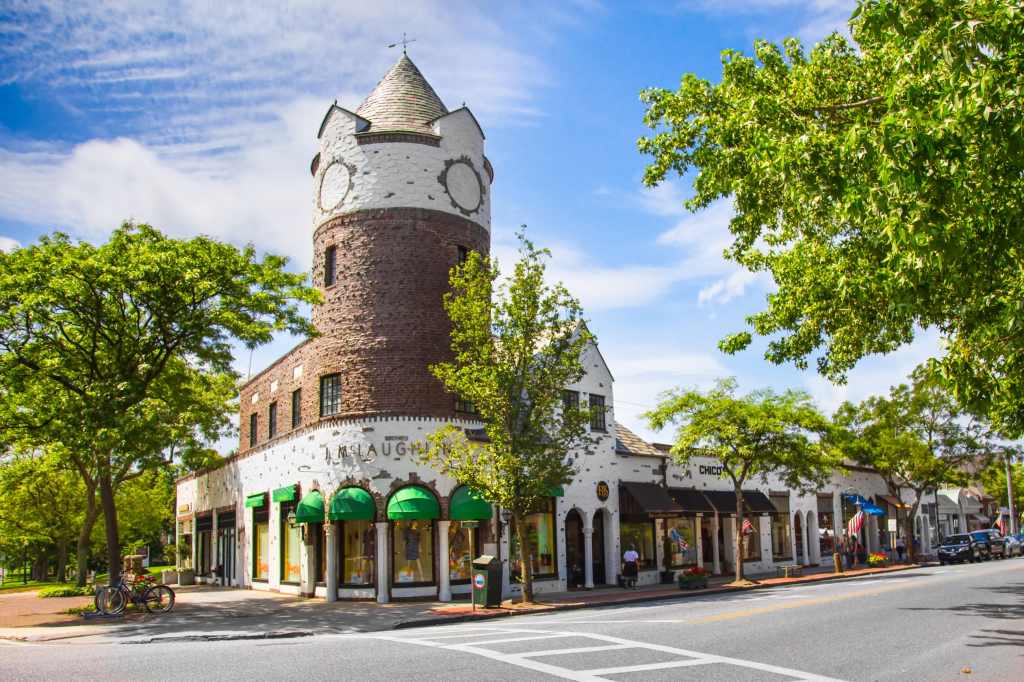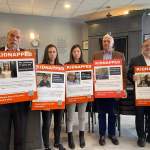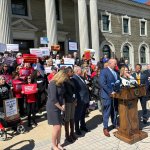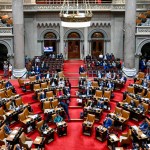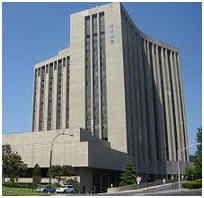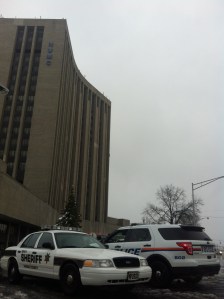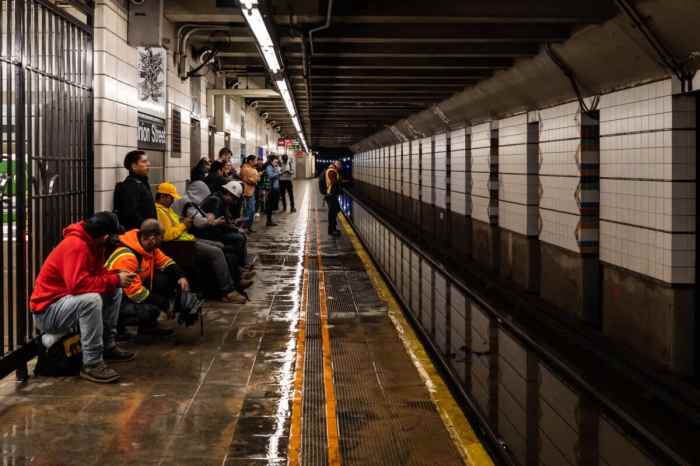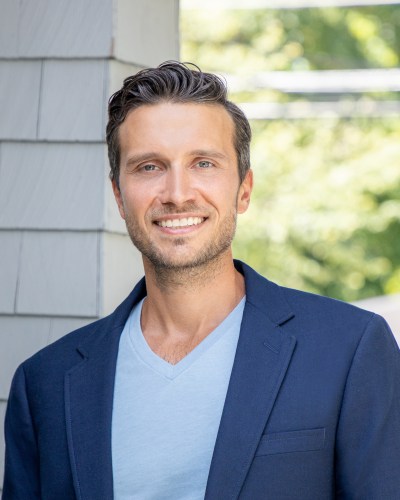For many New York City residents, the COVID-19 pandemic has spurred their escape to Long Island and other less-congested, greener pastures.
Fierce competition for properties on LI — especially in the Hamptons and elsewhere on the East End — made it difficult for some renters to find a place to stay. For families with children, schools outside the city are seen as a refuge.
“I think the biggest factor is everyone’s mental well-being,” one Manhattan father of two who moved his family to their East Hampton weekend home full time told The New York Times.
Moves east from the city to the Island are not new. Suffolk County in the late 19th century became a getaway for New York City people. Historic centuries-old communities became, in part, also summer communities as the Long Island Rail Road extended eastward.
And Long Island, as we’ve known it in modern times, is largely a result of the post-World War II migration of people from the city. But that occurred in a matter of years, not like this new movement going on — in a matter of months.
There’s been almost a doubling in enrollments at the private Ross School in East Hampton, and Avenues: The World School, based in Chelsea in Manhattan, has set up a satellite campus in East Hampton.
It’s not just the Hamptons that are being impacted by city people seeking escape. The North Fork real estate market has already heated up. Moreover, a regional phenomenon is at hand.
“Although tracking region-wide relocations is difficult, existing data and anecdotal evidence suggest a clear COVID effect,” the Times reported. “If people do head for greener pastures, residents and brokers suggest, it may be because the city can seem, at least for the time being, like a shell of its former self. Indeed, they say, activities people once took for granted, like strolling in parks … have become difficult or impossible.”
The East End-based Express News Group newspapers noted that the East End has seen this before, after the Sept. 11, 2001 terror attacks.
“Schools rapidly accepted new students,” they reported. “And the region was noticeably busier — until it wasn’t … Little by little, some families did trickle back to the city, while others established new homes for themselves. Whether the same will happen post-COVID-19 is impossible to say.”
That would be the question after a — hopefully! — successful vaccine or an effective treatment for the virus becomes reality.
Karl Grossman is an investigative journalist and professor of journalism.
For more editorials visit longislandpress.com/category/perspectives
Sign up for Long Island Press’ email newsletters here. Sign up for home delivery of Long Island Press here. Sign up for discounts by becoming a Long Island Press community partner here.



